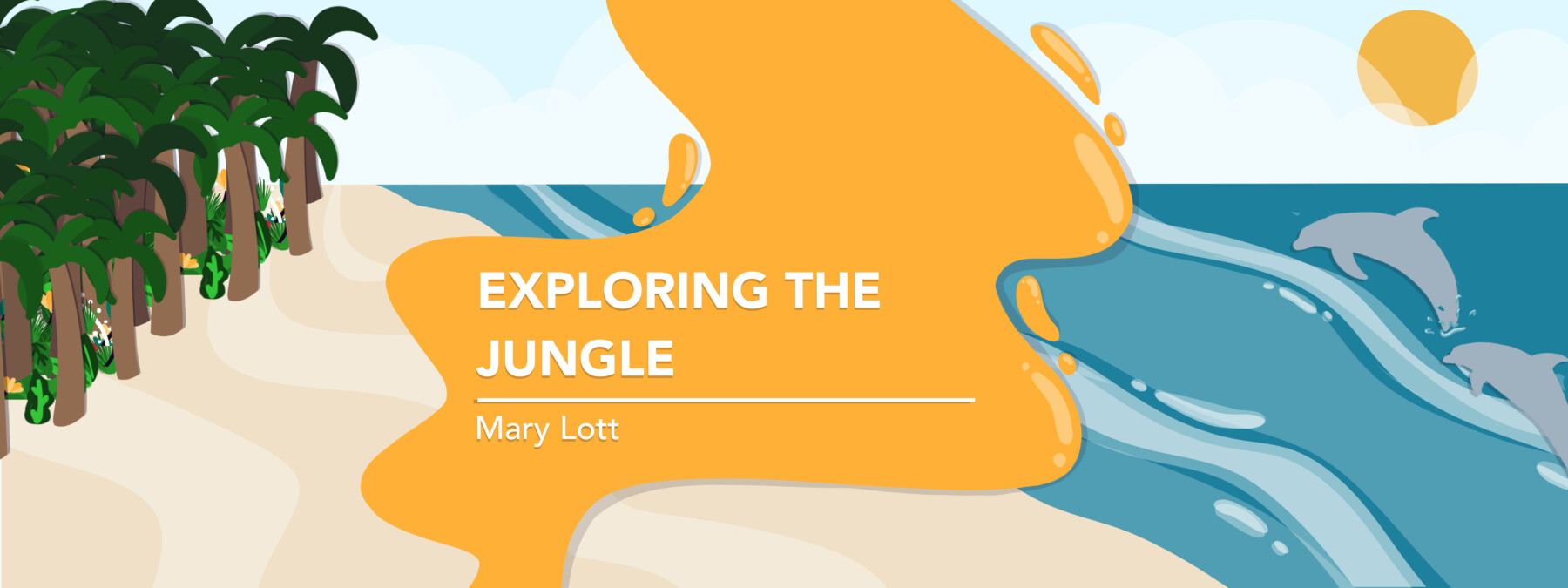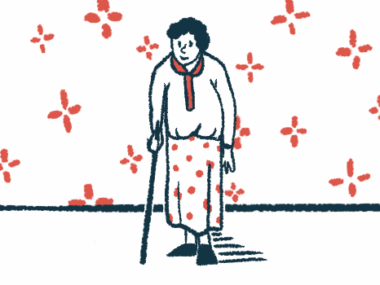Medical webinars are helpful when living with cold agglutinin disease
Quality time with experts can help clear up common CAD confusion
Written by |

The morning is hushed and still. A golden light shimmers through the air as the early rays of the sun hit the sparkle of freshly fallen raindrops on the banana leaves here in Papua, Indonesia. I lug my laptop out to the porch and prop my feet up on the coffee table. I begin reading through the news websites I frequent and take a big gulp of my icy drink.
I’ve joked with my family that drinking cold beverages or even eating ice cream, which I don’t do that often, is “living life on the edge.” Ever since I was diagnosed with cold agglutinin disease (CAD) in 2018, a major focus of my activities has been staying warm. Consuming cold food and drinks seems antithetical to that goal. Was I harming myself with a small pleasure? I didn’t know.
Cold agglutinin disease is an autoimmune, hemolytic anemia. Self-targeting antibodies attack and destroy red blood cells at low temperatures resulting in anemia, aches and pains, breathing difficulties, and even heart problems. We “CADdies” try to avoid triggering hemolysis chiefly by staying warm. Symptoms seem to vary in intensity and type for each CADdy. We have many more questions than answers.
Finding answers
The Cold Agglutinin Disease Foundation helps us find those answers by graciously hosting a series of lectures from prominent physicians and experts in the field. Recently, oncologist and hematologist Richard Furman of Weill Cornell Medicine presented an informational talk outlining some characteristics and new treatments for this disease. Several interesting facts were presented.
One question posed to him concerned cold drinks and ice cream. It does seem counterintuitive for me to indulge in this luxury when a main focus of my life is to remain warm. I guiltily entertain my cold-drink habit, but it doesn’t appear to have negative consequences.
“It depends. Most of the time, the answer is no,” Furman responded. “It’s important to recognize that the amount of blood flow around where you’re eating is very small. … The core is actually certainly warm enough that the likelihood of anything cooling … enough to have agglutination occur in that area is extremely small.”
Hearing that I thought, “Thank you, Dr. Furman.” It may seem like a small thing to others, but being able to eat and drink foods that add to life’s enjoyment is important to me.
Disease or syndrome
Furman also gave me further confidence in my own diagnostic confusion. I’ve been told I have CAD and chronic lymphocytic lymphoma. That varies from the usual diagnosis of chronic lymphocytic leukemia. Further, with other clinicians distinguishing between cold agglutinin disease (which is primary) and cold agglutinin syndrome (which is secondary), I’m left with no clue as to which one I have. My doctor hasn’t explicitly stated either one.
It does makes a difference if I were hoping to take part in clinical trials, but I’m not. Also, my doctor did state that if my CAD were kept under control, my chronic lymphocytic lymphoma wouldn’t develop. Because of that, I suspect that I have CAD, not cold agglutinin syndrome.
Furman led me to realize that it’s a distinction without a difference. Both the lymphoma and the CAD are treated with the same medicines, and the responses are similar. I’ll sleep better because of that.
One thing that’s become obvious to me is that everybody is affected by this disease differently. That’s why I benefit from these webinars. One person might experience hemolysis at a certain temperature while another doesn’t start hemolysis until a lower temperature.
I’m learning new aspects about this disease all the time. In the Book of Isaiah, we’re told how knowledge is acquired: “For it is precept upon precept, precept upon precept, line upon line, line upon line, here a little, there a little.” It’s a process.
Another webinar is coming up in March. I’ll watch it, sitting on my porch, drinking my cold beverage.
Note: Cold Agglutinin Disease News is strictly a news and information website about the disease. It does not provide medical advice, diagnosis, or treatment. This content is not intended to be a substitute for professional medical advice, diagnosis, or treatment. Always seek the advice of your physician or other qualified health provider with any questions you may have regarding a medical condition. Never disregard professional medical advice or delay in seeking it because of something you have read on this website. The opinions expressed in this column are not those of Cold Agglutinin Disease News or its parent company, Bionews, and are intended to spark discussion about issues pertaining to cold agglutinin disease.







Leave a comment
Fill in the required fields to post. Your email address will not be published.